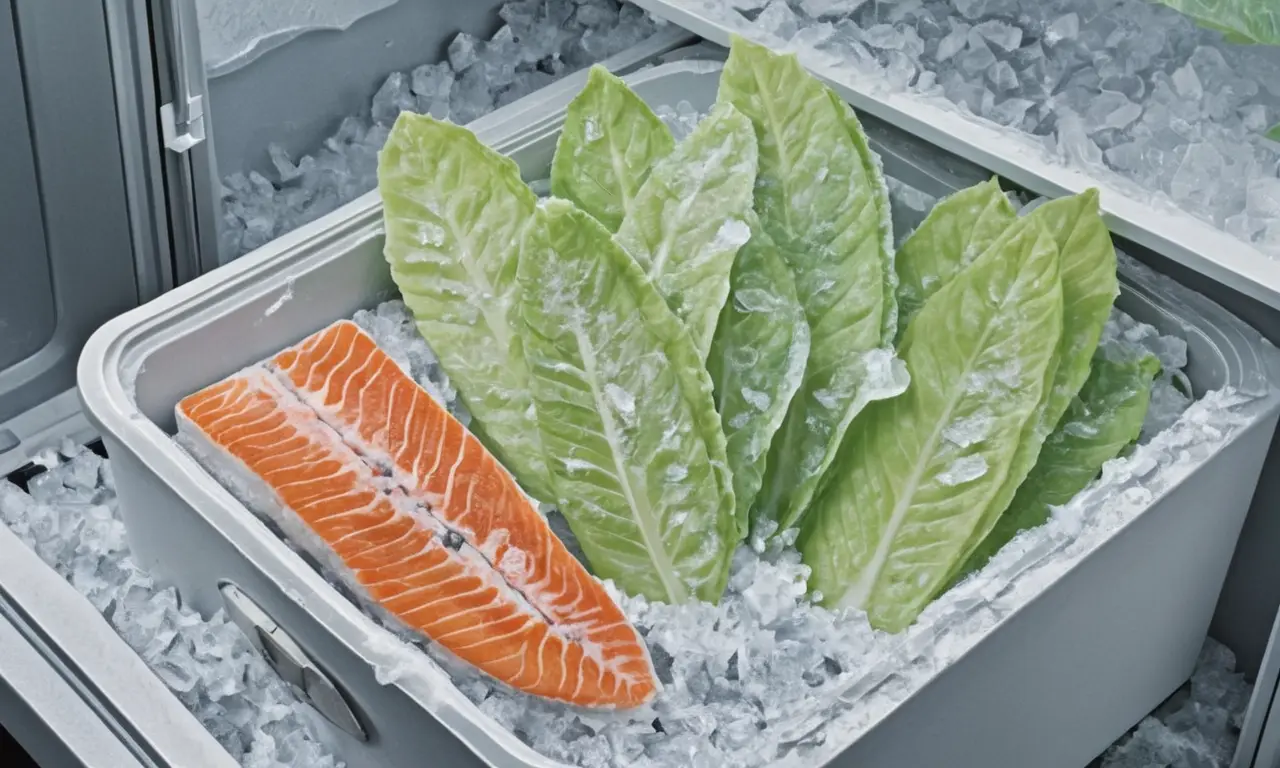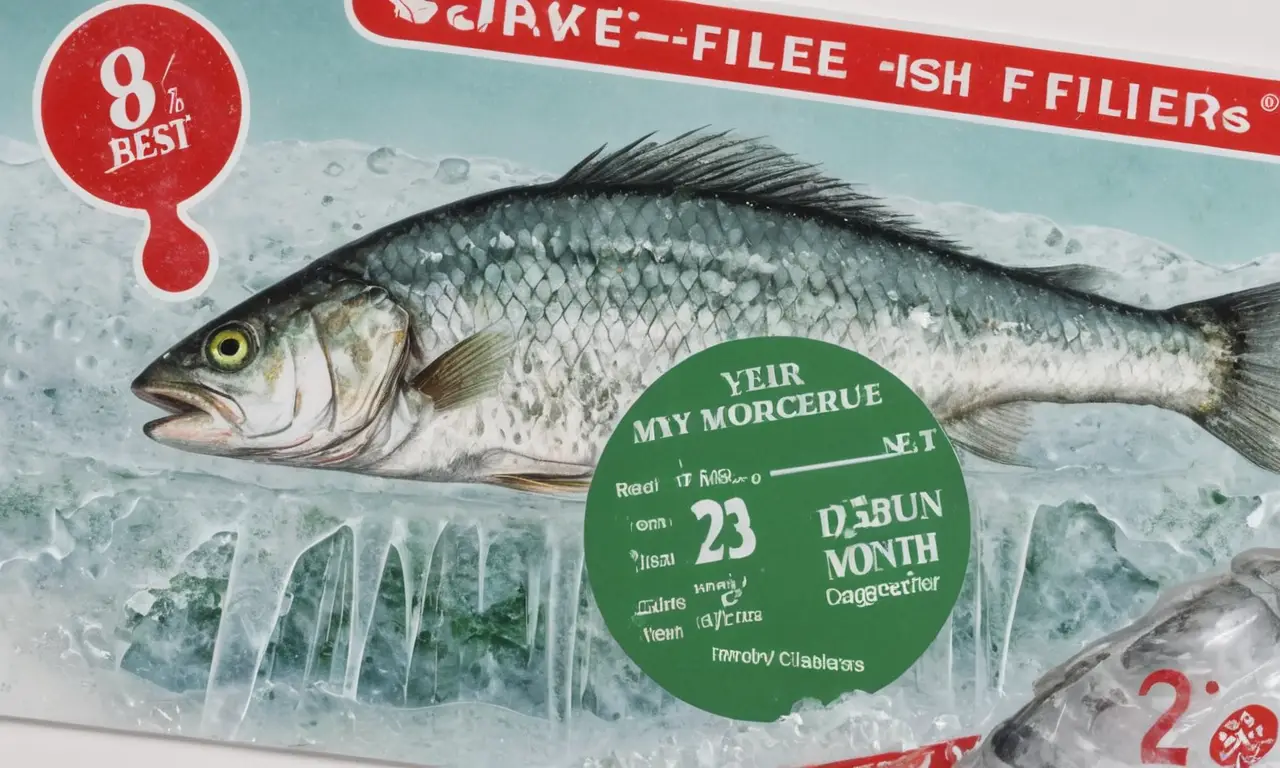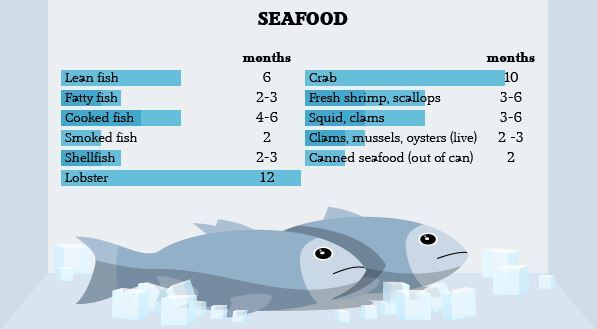Frozen fish offers a convenient and versatile way to enjoy seafood without worrying about freshness. Properly stored, frozen fish can retain its quality for an extended period, making it a valuable pantry staple. However, understanding how long frozen fish lasts and the factors that influence its shelf life is crucial for ensuring both safety and optimal taste. This article will delve into the intricacies of frozen fish storage, providing you with comprehensive guidance on maximizing its longevity and preventing spoilage.
This article will explore the typical shelf life of frozen fish, examine the factors that can affect its duration, and provide practical tips for proper storage. We’ll also discuss how to identify signs of spoilage and the significance of “best by” dates. By following these guidelines, you can confidently enjoy delicious and safe frozen fish for months to come.
Frozen Fish Shelf Life
The shelf life of frozen fish varies depending on the type of fish and its initial freshness. Generally, most types of frozen fish can be safely stored in the freezer for 6 to 12 months while maintaining good quality. However, some delicate fish varieties, such as salmon or tuna, may have a shorter shelf life of 3 to 6 months.
It’s important to note that these are general guidelines, and the actual shelf life can be influenced by various factors, including storage conditions, packaging type, and the initial freshness of the fish when frozen. Always refer to the “best by” date on the packaging for specific guidance on the recommended consumption timeframe.
Factors Affecting Shelf Life

Several factors can influence the shelf life of frozen fish:
Temperature
Maintaining a consistent freezer temperature of 0°F (-18°C) or below is crucial for preserving the quality and safety of frozen fish. Fluctuations in temperature can lead to ice crystals forming, which damage the fish’s cells and accelerate spoilage.
Packaging
Proper packaging plays a vital role in extending the shelf life of frozen fish. Airtight containers or freezer bags help prevent freezer burn, which is caused by moisture loss and oxidation. When using freezer bags, ensure they are tightly sealed to minimize air exposure.
Initial Freshness
The initial freshness of the fish when it’s frozen significantly impacts its shelf life. Fish that was already starting to spoil before freezing will have a shorter shelf life than freshly caught or processed fish.
Storage Tips for Frozen Fish
To maximize the shelf life and quality of your frozen fish, follow these storage tips:
- Freeze promptly: Freshly caught or purchased fish should be frozen as soon as possible to prevent spoilage.
- Portion appropriately: Freeze fish in individual portions for easy thawing and use. This prevents you from having to thaw large quantities at once.
- Label clearly: Label each package with the type of fish, date of freezing, and any relevant details. This helps you keep track of your frozen inventory and ensures you consume older fish first.
- Store flat: Place frozen fish packages flat in the freezer to maximize space and promote even freezing.
Signs of Spoilage

While frozen fish can last for an extended period, it’s essential to be aware of signs of spoilage:
- Freezer burn: This is characterized by white or grayish patches on the surface of the fish, indicating moisture loss and oxidation. While freezer-burned fish may still be safe to eat, its texture and flavor will be compromised.
- Off odor: A strong, unpleasant, or fishy odor indicates spoilage. If you notice any unusual smells coming from your frozen fish, discard it immediately.
- Slimy texture: Fresh fish should have a firm texture. If the fish feels slimy or mushy when thawed, it’s likely spoiled and should be discarded.
Best By Date
The “best by” date on frozen fish packaging indicates the recommended timeframe for optimal quality. While frozen fish may still be safe to consume after this date, its flavor and texture may decline. It’s always best to follow the manufacturer’s recommendations and prioritize consuming frozen fish before its “best by” date for the best culinary experience.
Conclusion
Understanding how long does frozen fish expire is essential for ensuring both safety and quality. By following proper storage guidelines, being aware of signs of spoilage, and paying attention to the “best by” date, you can confidently enjoy delicious and safe frozen fish for months to come. Remember that consistent freezer temperatures, airtight packaging, and prompt freezing are key factors in maximizing the shelf life of your frozen seafood treasures.



